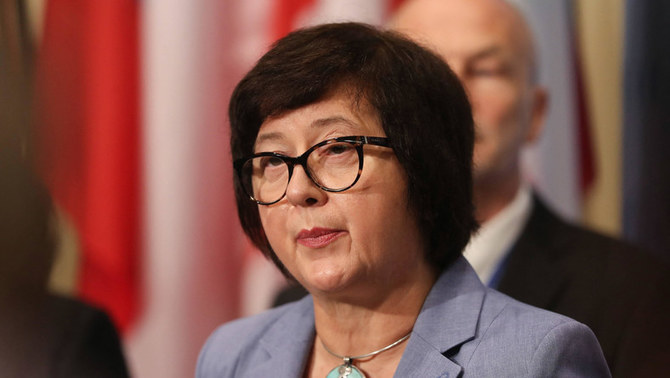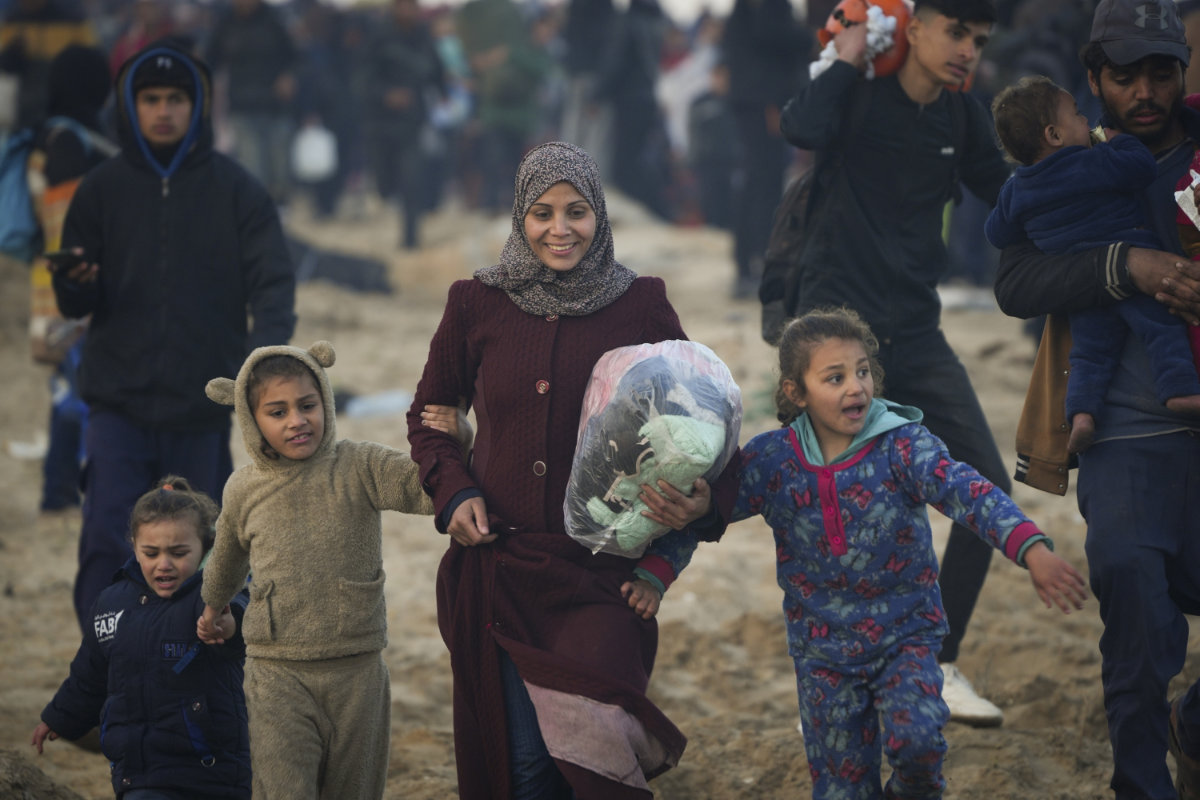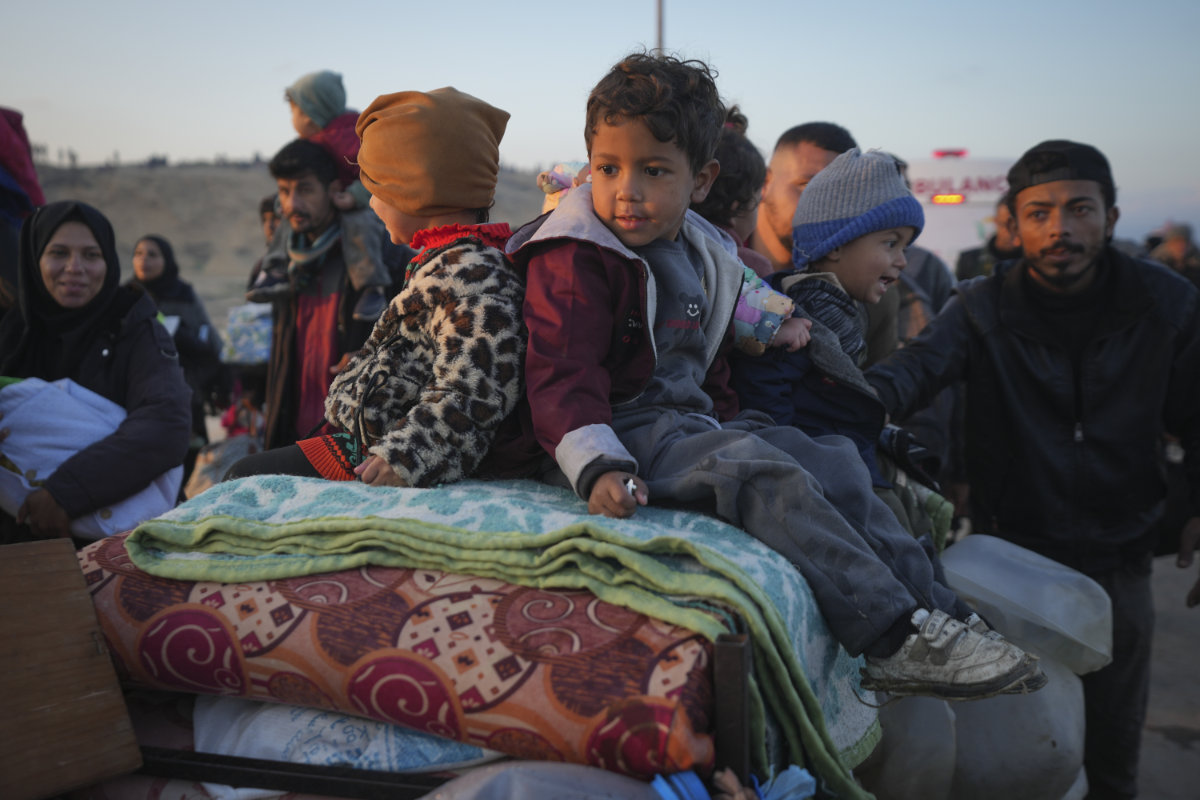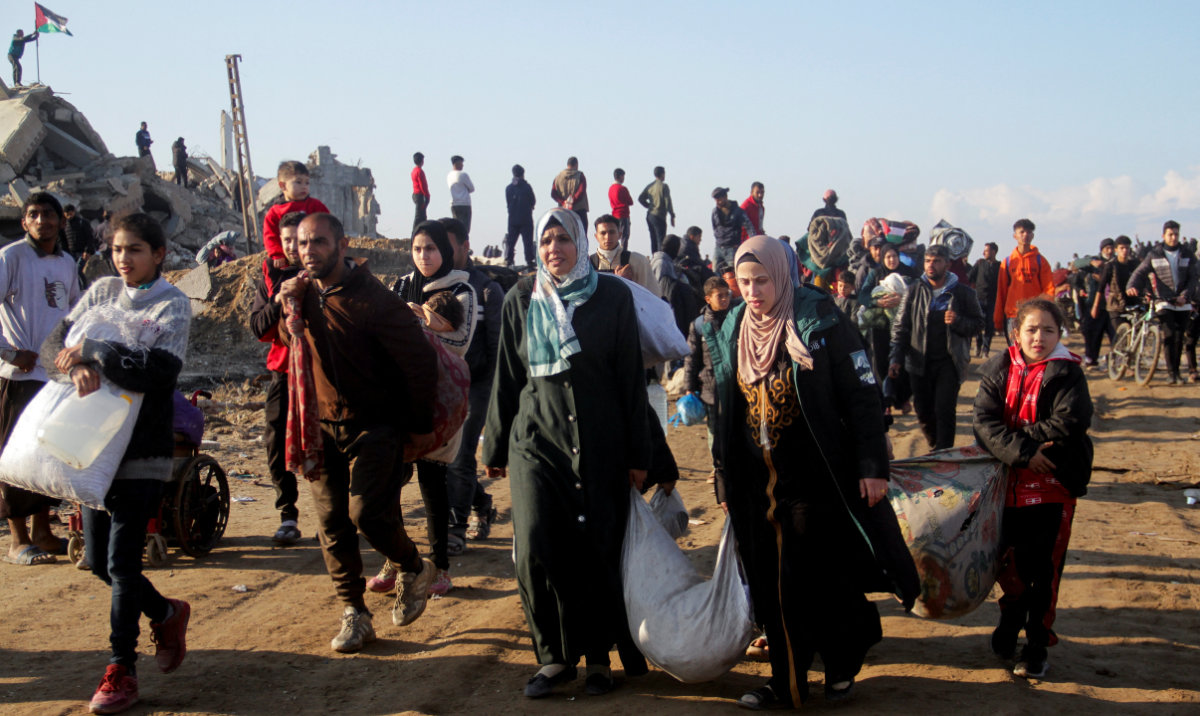NEW YORK: The UN reiterated its call for the formation of a “fully empowered government” in Lebanon that can put the country on the path of recovery.
“The UN is doing what it can to mitigate the situation, but ultimately, the responsibility for salvaging Lebanon lies in the hands of Lebanon’s leaders,” UN Special Coordinator for Lebanon Joanna Wronecka told the security council on Thursday.
Last week, and after nearly nine months of failed negotiations with Lebanon President Michel Aoun to form a cabinet, Saad Hariri stepped down from his role as prime minister-designate, sending the country into deeper chaos as its beleaguered currency hit its lowest level.
The parliamentary consultations, aimed at designating a new Sunni figure to form a government, are set to take place on Monday. But there is little prospect of a turnaround for the country’s devastated economy.
During a meeting to discuss the implementation of UN Security Council Resolution 1701 on Lebanon, Wronecka highlighted the country’s “multiple and accumulating” socio-economic, financial, and political crises.
The World Bank dubbed Lebanon’s economic free fall as one of the world’s worst financial crises since 1850. Lebanese lira is now 21,000 to the US dollar on the black market, having lost 95 percent of its value this year because of crippling financial mismanagement, state corruption, and a severe banking crisis.
With the inaugural commemoration of the 2020 Beirut Port explosion less than two weeks away, Wronecka repeated calls for an impartial, thorough, and transparent investigation into the blast.
“The families of the victims and thousands whose lives have been changed forever by that terrible blast are still waiting,” she said to council members. “They deserve justice and dignity.”
On August 4, 2020, a large amount of ammonium nitrate stored at the port of the Lebanese capital exploded, which resulted in more than 200 deaths, 7,500 injuries, and $15 billion in property damage. It also left more than 300,000 people homeless.
Lebanese authorities have failed so far to deliver any justice following the catastrophic explosion as a lack of accountability has continuously hampered the investigation from moving forward.
“The stalled domestic investigation, riddled with serious due process violations, as well as political leaders’ attempts to stop the investigation reinforce the need for an independent, international inquiry,” Human Rights Watch said.
Discussions at the security council also highlighted the importance of holding free and fair elections in 2022 within the constitutional timelines, “as a key marker of democratic accountability and an opportunity for the people to articulate their grievances and aspirations.”
Recalling the goal of Resolution 1701 to enhance Lebanon’s security, state authority, and sovereignty, the special coordinator hoped for a real commitment for the implementation of that resolution in its entirety.
Unanimously adopted in the wake of the month-long war in 2006 between Israel and Iran-backed Hezbollah, the resolution called for a full cessation of hostilities and a phased withdrawal of the Israel Defence Forces from southern Lebanon. It also allowed up to 15,000 UN peacekeepers to help Lebanese troops take control of the area.
Wronecka praised the role played by the Lebanese Armed Forces in safeguarding the country’s security and stability, including its close cooperation with the UN Interim Force In Lebanon. She called for continued support for this key institution and also welcomed the international community’s continued readiness to help Lebanon.






























